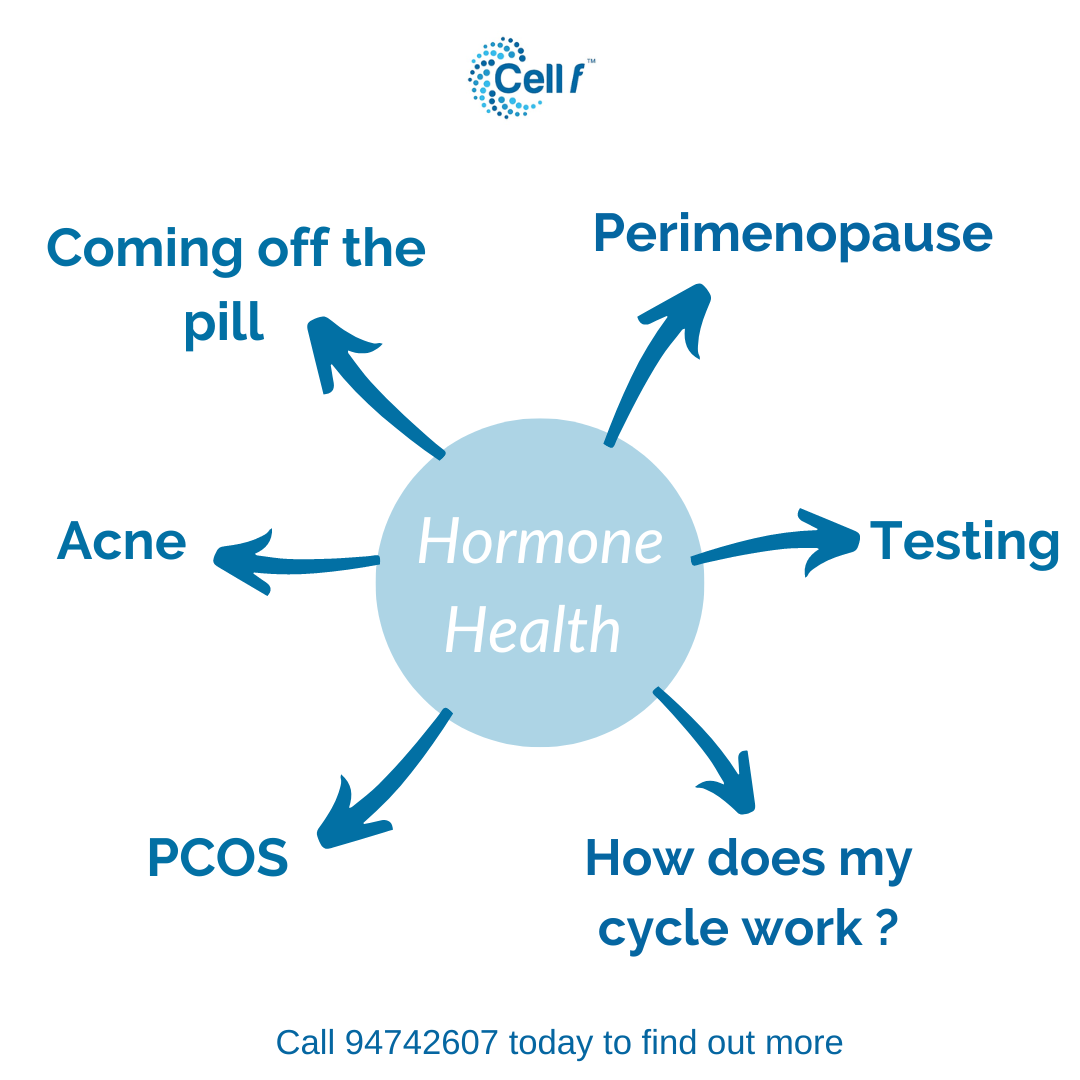
What is Hormone Support?
Symptoms that might suggest your hormones need some support:
- Histamine reactivity, allergy, or intolerance
- Changes to your cycle slowly or suddenly
- Inability to take contraceptive medication due to mood, weight, or other reactive responses
- High cholesterol
- Cyclic headaches and/or migraines
- Food cravings
- Fibroids
- Changes in hair growth
- Fatigue, muscle cramps, unexplained hair loss
- Feeling your mood change or drop, especially in rhythmic monthly patterns
- Diagnosis of PCOS, Endometriosis or Adenomyosis
- Acne especially that worsens with specific changes in your cycle
- Heavy bleeding with or without anaemia
- BV, thrush or UTIs
Testing hormones
Testing hormones can be key in understanding hormone excess and deficiency, which can be part of the picture for fertility, PMS, short or long cycles or even skin conditions such as acne, it also may be part of the picture for menopause timelines.
Because a menstrual cycle works off a (give or take) monthly calendar, specific testing days are important for differing levels of hormones in the blood, as well as an understanding of your period, rough dates for your bleed and ovulation helps the data reliability. There are many benefits to working with a functional medical practitioner rebalance hormones and gain a deeper understanding for your own cycle.
Traditional methods such as tracking basal body temperature can also be very useful in establishing how regular your cycle is, if you are ovulating and when in the cycle you are ovulating, helpful for fertility but also just learning to understand your bodies needs and wants.
One of the greatest reasons to investigate hormones is to understand how they are exaggerating or affecting our mental and physical wellbeing. Hormones act on levels of serotonin and dopamine, so how happy, motivated, calm, and clear minded we may feel can be impacted. They alter thyroid function which is how much energy reaches our cells, as well as appetite and digestion. On further investigation many women start to see health impacts that occur cyclically, such as how affected they are by the decline of neurotransmitters and oestrogen right before a bleed. This can make our mood very susceptible to change, negatively impact our eating habits and in some cases include the onset of a migraine.
Hormones are the slow drivers, they can have very long half-lives and move throughout varying systems in the body so the effects of unbalanced hormones can last weeks and impact mood, sleep, motivation, cravings, and weight.
Talk to Cellf today for more information about hormone support. Click on the image above for other hormone related topics. What is Hormone Support?

